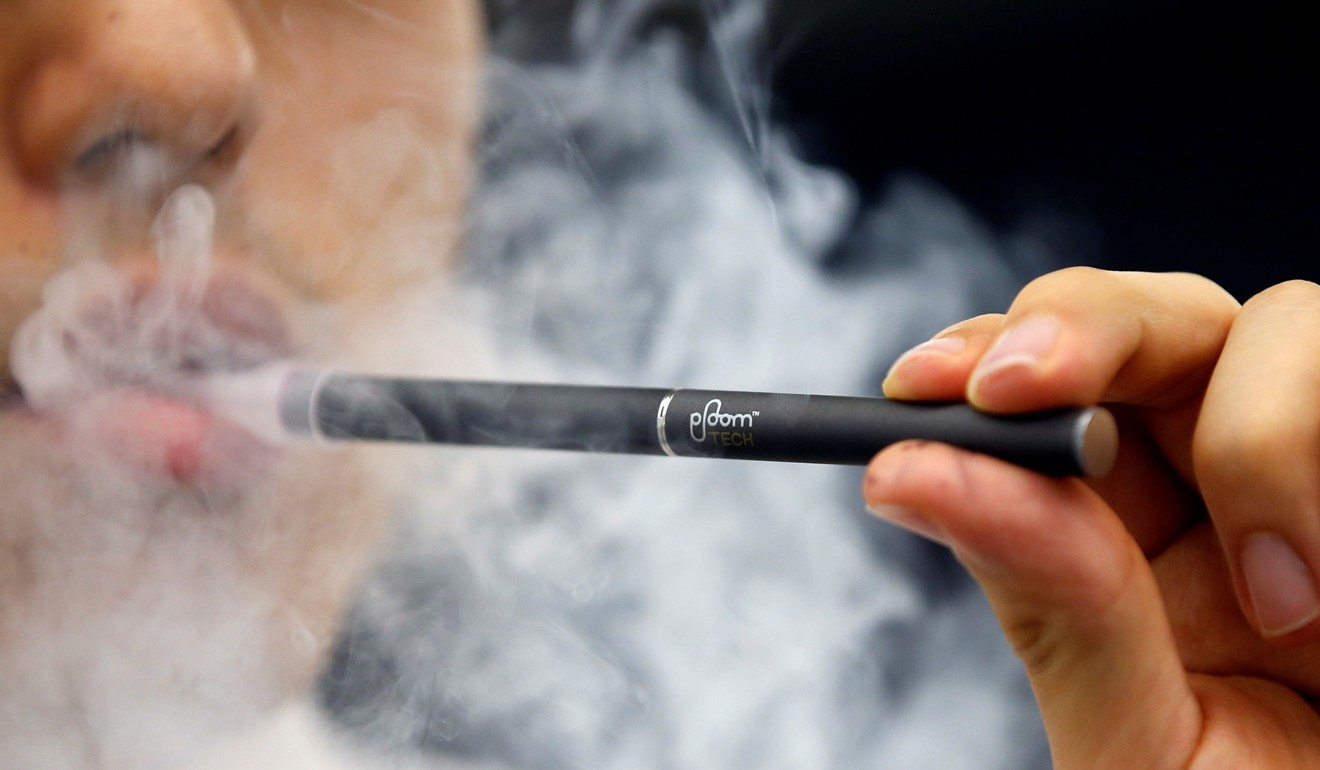
US court bans e-cigarettes on commercial flights to protect people from second-hand nicotine
Vaping is smoking, a US federal appeals court ruled, upholding regulation that adds e-cigarettes to an existing ban on the use of traditional tobacco-burning products on commercial flights in the US.
The decision on Friday by the Washington-based court leaves in place the Department of Transportation’s new rule barring e-cigarettes in flight to protect people from the devices’ second-hand vapour. The prohibition announced last year applies to scheduled airlines, charter operators and foreign carriers flying to or from the US.
E-cigarettes use a battery-powered heating element to vaporise a nicotine solution, allowing its user to inhale through a mouthpiece without actually burning tobacco. The court’s decision came with a whiff of uncertainty as the two-judge majority struggled to reconcile regulations dating back decades with the modern-day technology. The lone dissenting judge accused his colleagues of manufacturing ambiguity about what it means to smoke.

“We must ask whether the term ‘smoking,’ in a statute enacted before modern e-cigarettes existed, covers these devices,“ US Circuit Judge A. Raymond Randolph wrote. He and Judge Brett Kavanaugh said it did, noting that passengers can’t escape the devices’ vapours in flight and the second-hand health consequences are unclear.
Judge Douglas Ginsberg disagreed, chiding the majority for its broad interpretation of what it means to smoke.
“True, e-cigarettes might fit within these definitions if one squints hard enough, but as the court itself notes, ‘we cannot just tally the dictionary definitions’,” he said.
The Competitive Enterprise Institute and the Consumer Advocates for Smoke-Free Alternatives sued over the rule. An e-cigarette user joined in their complaint.
Sam Kazman, general counsel for the Competitive Enterprise Institute, said in a statement on Friday that the organisation is considering whether to appeal the ruling.
“Today’s court ruling creates a dangerous new rule for interpreting the law,” Kazman said. “It allows the commonly-understood language of Congress’s 30-year-old no-smoking statute to be stretched in a ban on e-cigarettes, even though e-cigarettes involve no combustion and produce no smoke.”
Kazman maintained that vaping “is an entirely different activity” from smoking. “Any risks to airline passengers are totally undemonstrated,” he said.

